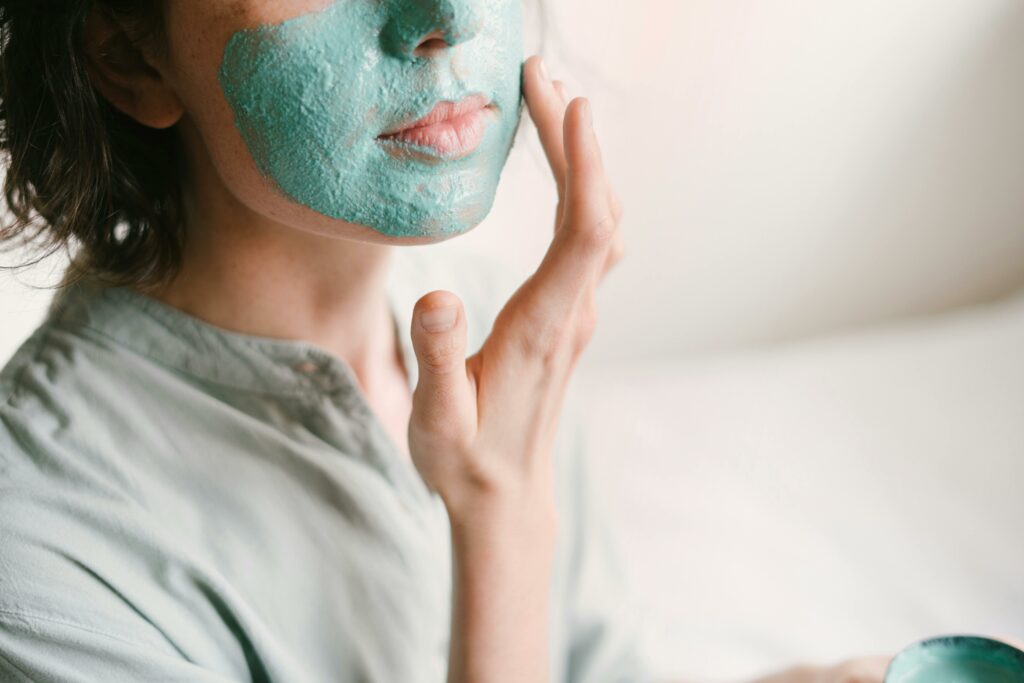
Beauty Misconceptions in 2024
The beauty world is an incredibly vast environment containing unique stories of beneficial treatments but also those hacks that never truly work. There are countless myths and misconceptions about everyday beauty regimens that must be cleared up. From the latest skincare routine promising eternal youth, or the must-have tips to grow luscious hair, products that claim to solve all your problems in a bottle usually don’t. In this article, we’re going to set the record straight. Find out what works, what doesn’t, and why some of those beauty “secrets” are better off forgotten. Prepare to uncover the top 5 beauty misconceptions of beauty in 2024.
Misconception 1: Natural Products are Always Better
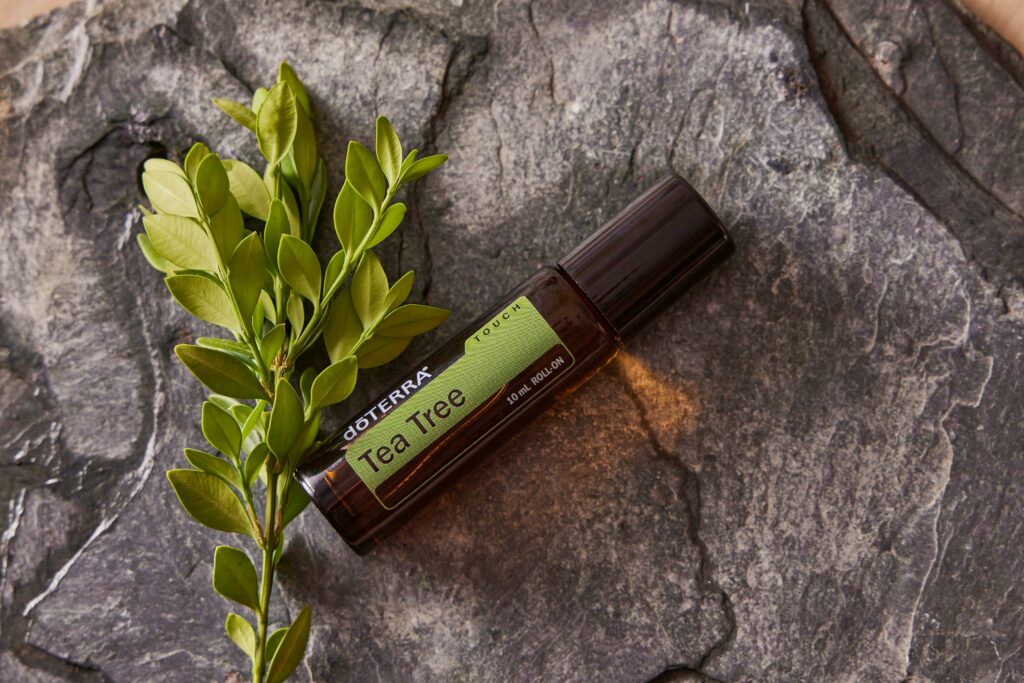
Just because a product screams “natural” does not mean it’s the best choice for your skin or hair. The idea that all natural products are inherently safer and better is a myth. Sure, natural ingredients can be beneficial, but this doesn’t automatically make them superior. Some natural substances can be harsh or even harmful, especially if you have sensitive skin or allergies. For instance, lemon juice and tea tree oil are natural and can work wonders for some people but are also known for causing irritation if used incorrectly or if the individual has allergies to citrus or other plants. The key is to find what works for your specific needs and skin type. Understand that “natural” is not a one-size-fits-all solution. Always patch-test products and consult a professional if you’re unsure.
Misconception 2: Makeup Causes Acne
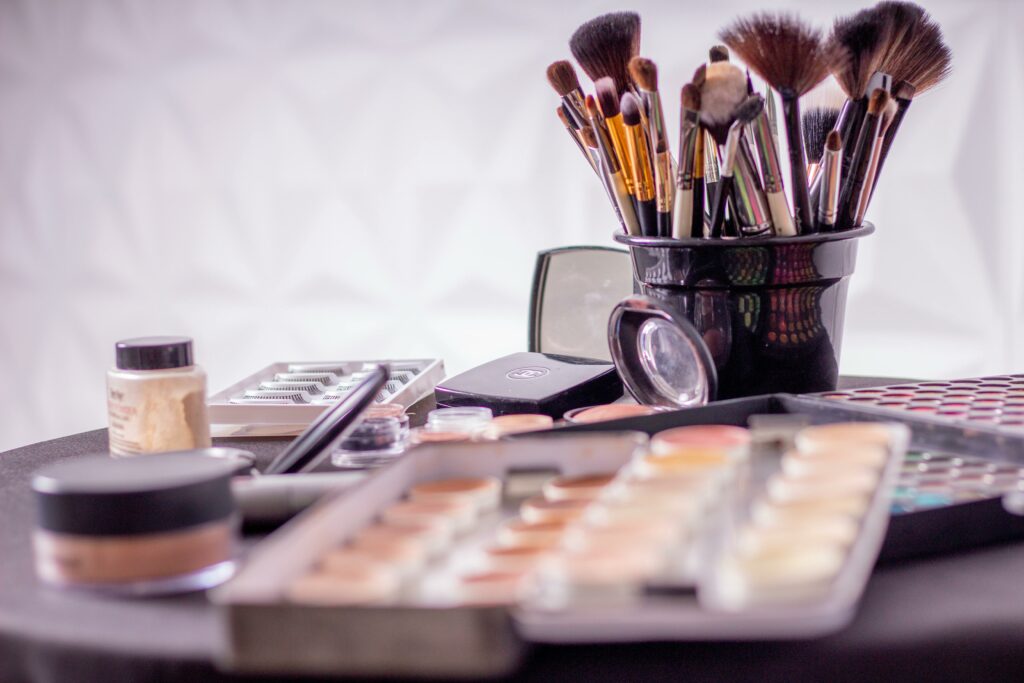
Makeup causing acne is a myth that’s been around for a long time. But let’s set the record straight: not all makeup causes acne. Sure, depending on someone’s sensitivity level and the ingredients in the makeup, inflammation to the skin can cause a breakout to occur. Besides not choosing makeup based on your skin type, the main culprit of acne related to makeup lies in skin hygiene. If you sleep with your makeup on or use makeup that’s heavy and oil-based, then yes, your pores can get clogged, leading to breakouts. The trick is choosing non-comedogenic products — these are makeup products specifically designed not to clog pores. Also, keeping your makeup tools clean and removing your makeup before bed will go a long way in keeping your skin clear. Focus on selecting the right products and maintaining a good skincare routine.
Misconception 3: Cutting Hair Makes It Grow Faster
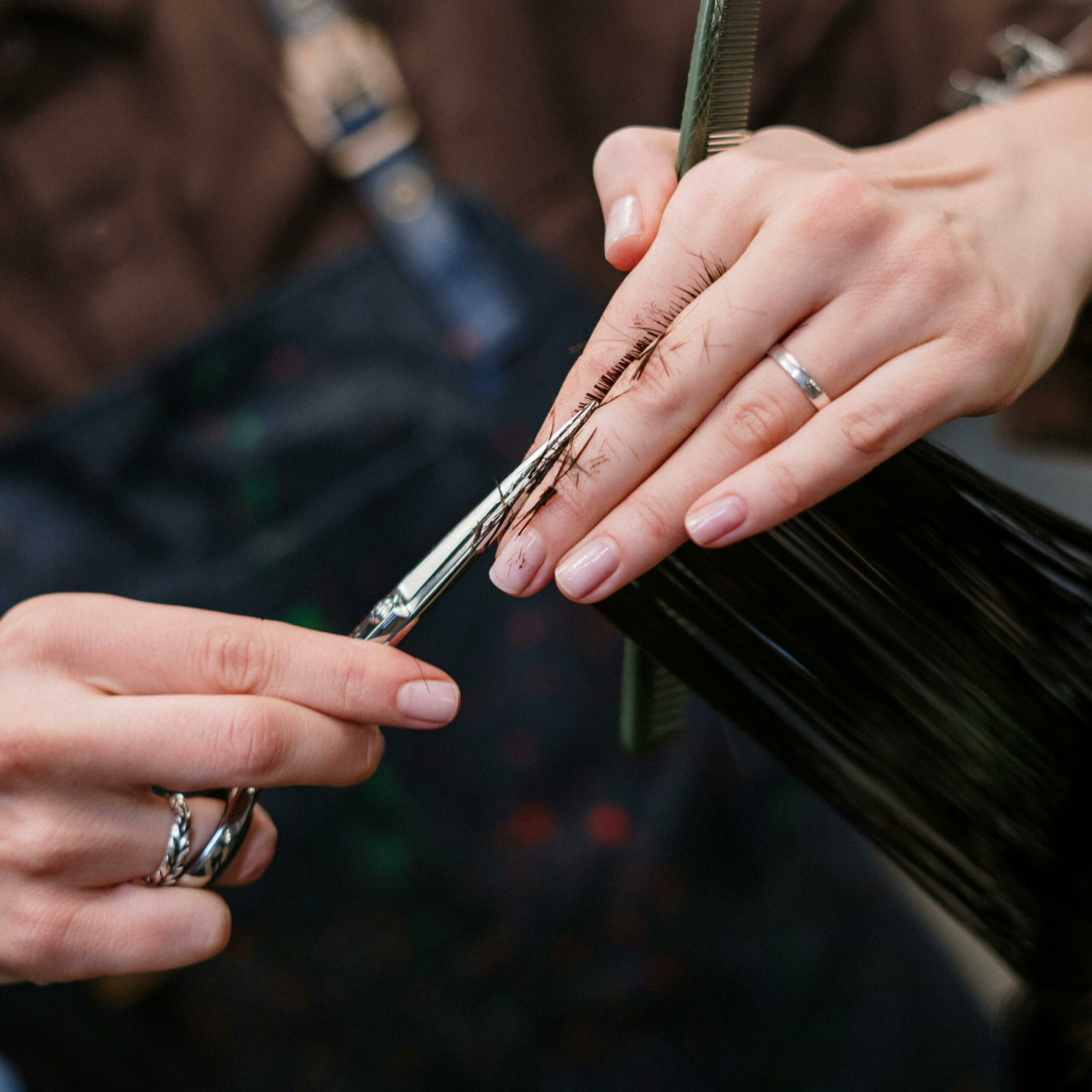
This misconception is two-fold. Hair doesn’t grow faster because you cut it. This belief is a myth. When you trim your hair, you’re dealing with the ends, not the hair follicles in your scalp that determine hair growth. However, regular cuts can get rid of damaged/split ends, making your hair look healthier and thicker which helps reduce breakage. Hair growth happens from the roots and is influenced by factors like genetics, nutrition, and health. Cutting your hair simply makes it look neater and can prevent damage from reaching up the shaft. So, while it’s important for keeping your hair in good condition, it doesn’t affect how fast it grows but is a tool for hair maintenance. If your hair is healthy and does not have split ends then there’s no need to cut hair continuously in hopes of quicker hair growth.
Misconception 4: Toothpaste Can Cure Pimples
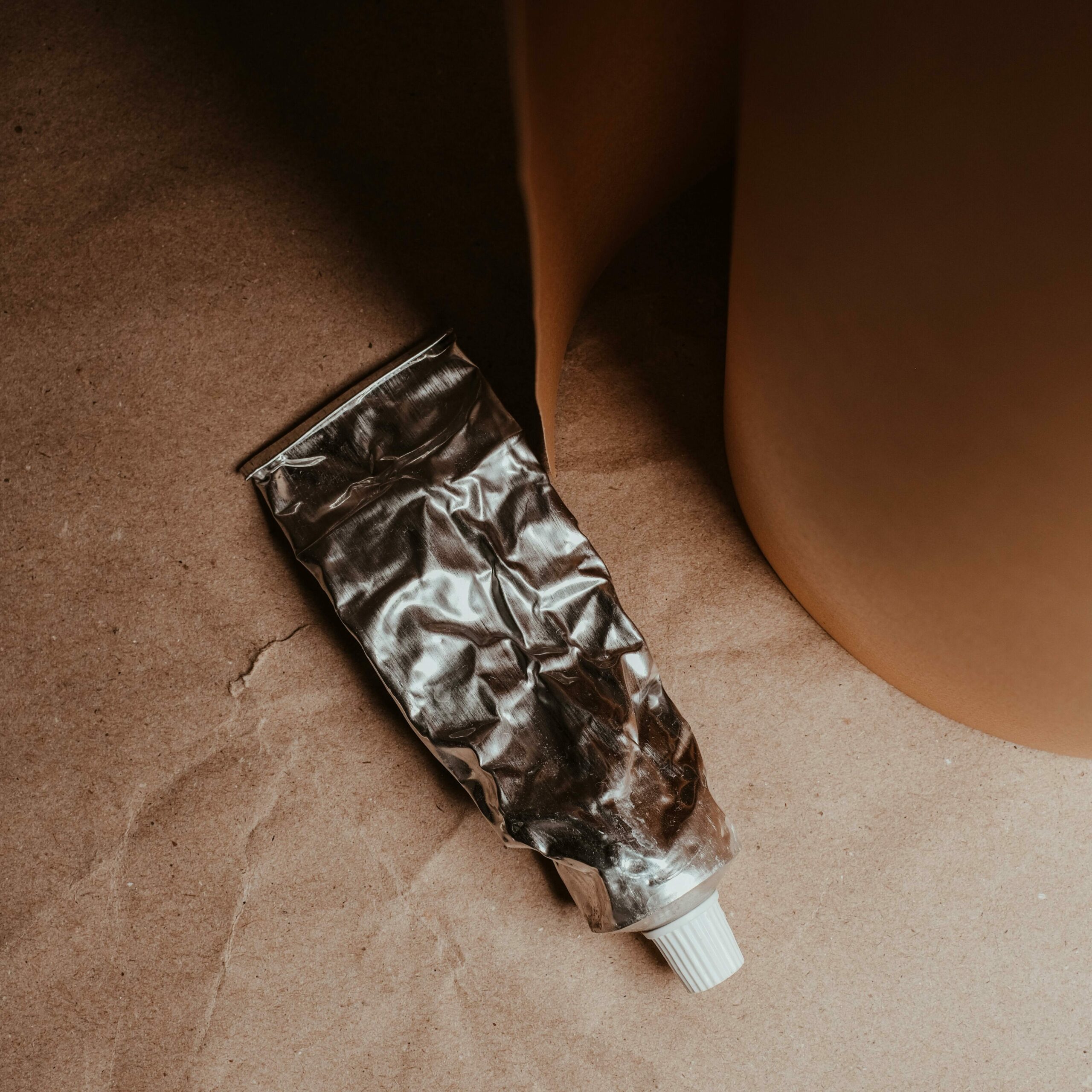
A myth that had some truth previously was dabbing toothpaste on a pimple to make it disappear overnight. Another two-fold explanation. Toothpaste back in the day use to be made out of triclosan, a chemical with antibacterial and antifungal properties. There’s also been speculation that the antibacterial effects from triclosan, once absorbed in our system, leads to bacterial resistance from antibiotics. So yes, maybe there was some truth on using toothpaste which contained an antibacterial chemical to reduce a pimple. But the truth is, toothpaste can actually irritate your skin. Most toothpastes no longer contain triclosan and instead contain ingredients like hydrogen peroxide, baking soda, and alcohol which can dry out the pimple, sure, but they also irritate the skin around it. You might see the pimple reduce in size but at the cost of red, irritated skin which isn’t a good trade. Dermatologists agree that there are better, skin-friendly ways to tackle acne.
Misconception 5: You Can Shrink Your Pores
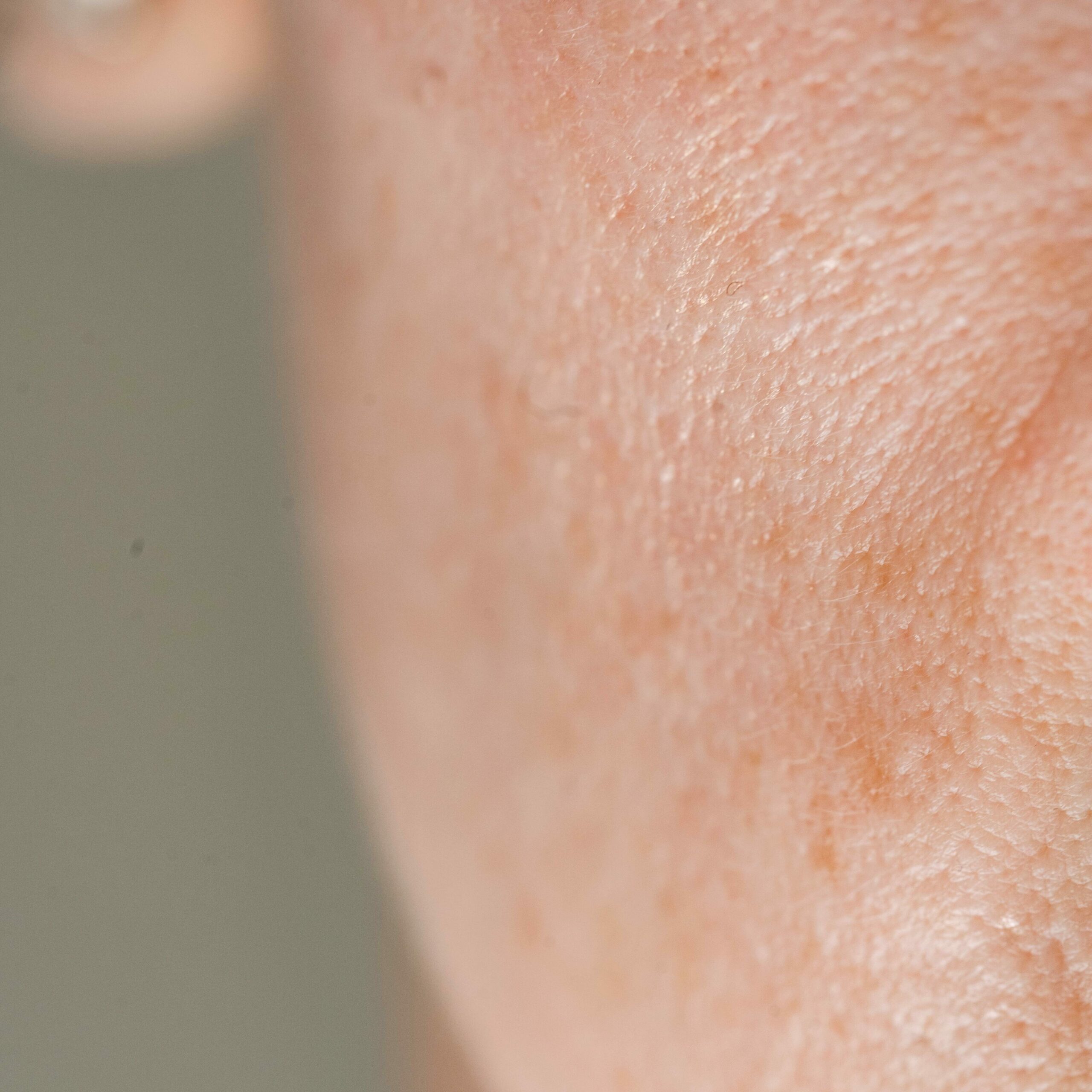
You cannot shrink your pores. Many products claim they can, but truth be told, pore size is genetically determined. What you can do is keep them clean and minimize their appearance. Regular cleansing and exfoliating can help the pores look smaller by preventing them from getting clogged with oil and dirt. Using sunscreen to deter collagen breakdown from the sun can help maintain the structure that allows pores to look less enlarged. So, while you can’t permanently reduce their size, you can make them seem less noticeable with proper skincare routine. Keep your skin clean and protect it from damage
The Truth
In wrapping up, it’s clear that the beauty world is full of myths that can lead us down paths that might not be right for our skin, hair, or health. From believing we need to wash our hair daily to then thinking it’s best to never wash our hair, myths usually gain a mind of its own and run rampant often leading to extreme thoughts. Washing your hair less frequently can actually keep it healthier by preserving natural oils but it’s still important to maintain hair washing depending on product use as some products can clog follicles preventing it from gathering nutrients and “breathing”.
These are just some examples of how misconceptions can affect how we see ourselves and the decisions we make about our self-care routines. The truth is clear, everyone’s skin and hair is different. So, listen to your body, do what feels right for you, and don’t get too caught up in what everyone else is doing or saying. Always take in your characteristics when choosing products as your uniqueness must be accounted for.





You must be logged in to post a comment.